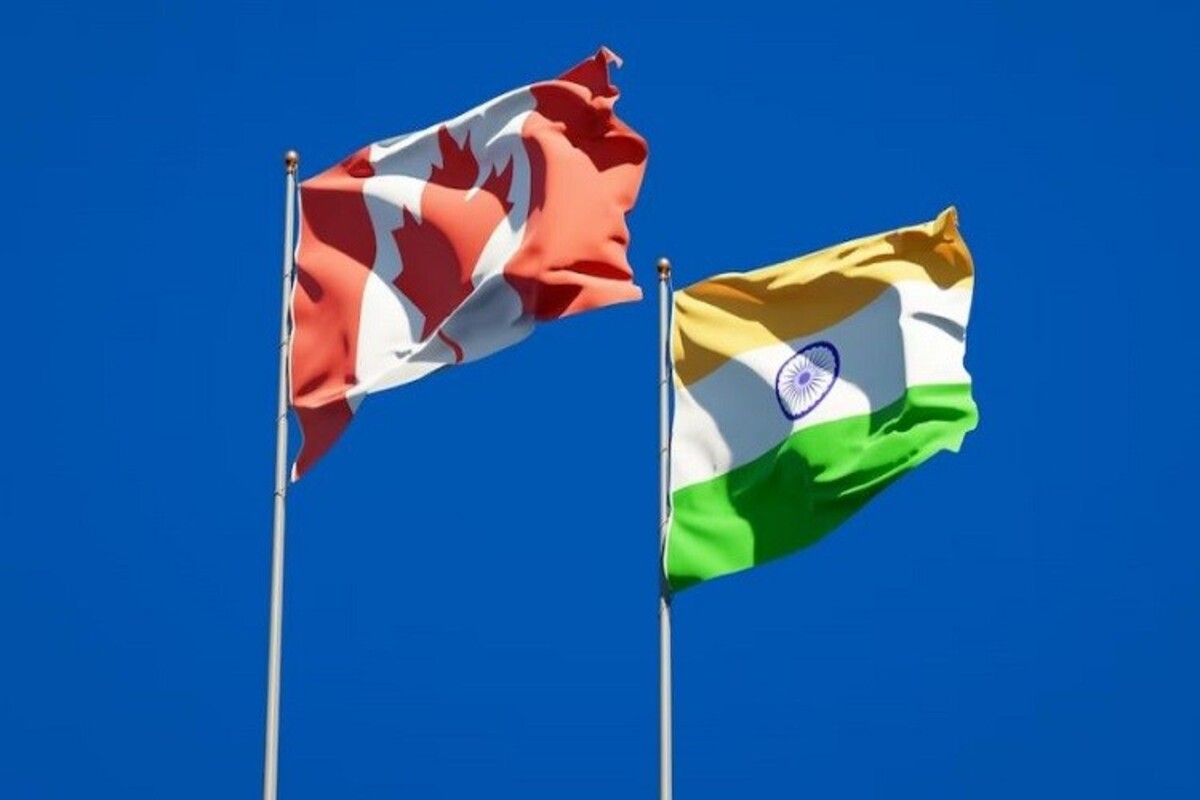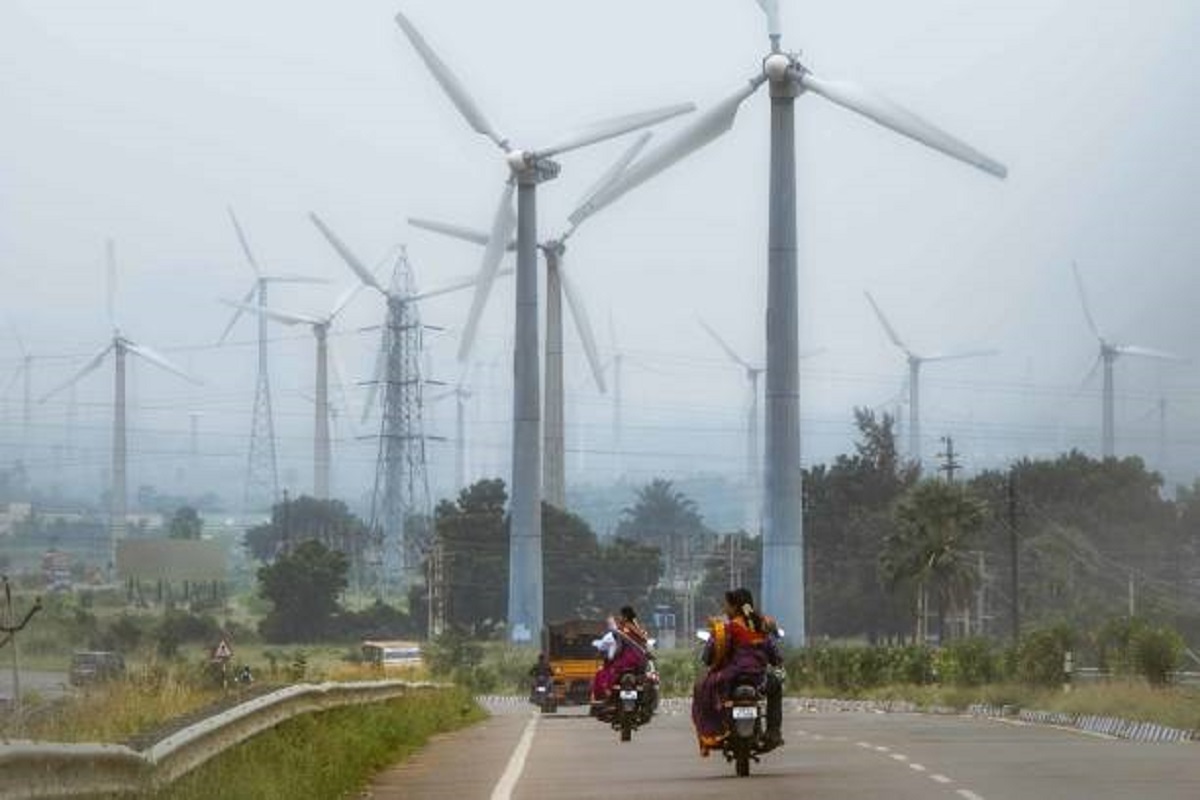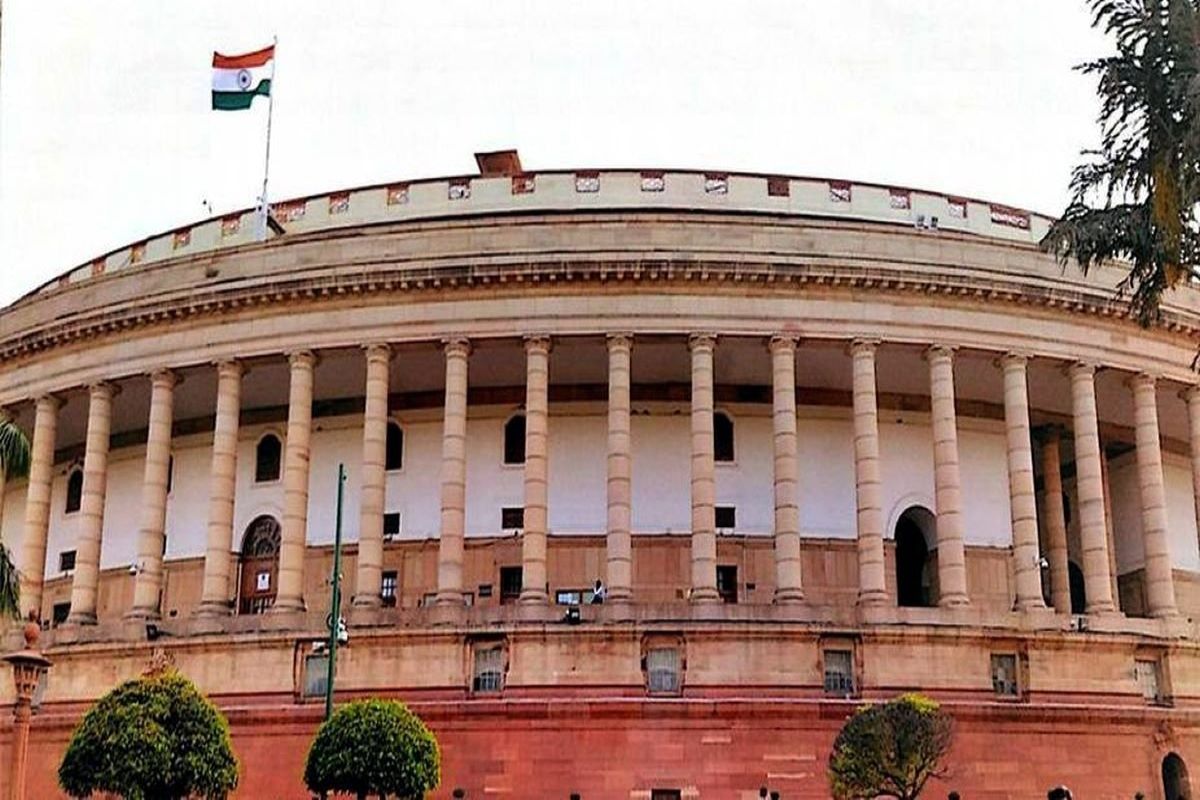Foreign Secretary briefs Parliamentary panel on India-Canada ties
A meeting of the committee, which is headed by Congress MP Shashi Tharoor, was held at Parliament House Annexe.

A meeting of the committee, which is headed by Congress MP Shashi Tharoor, was held at Parliament House Annexe.

The ministry further informed the panel that many banks which are not conversant with renewable energy projects.

A Parliamentary panel has suggested that the Petrochemicals Division of the Chemicals and Fertilisers Ministry should be shifted to the…

The meeting of committee members to hear Civil Aviation Ministry officials on the fixing of airfares is scheduled for 3.30 pm.

Out of the 16 operational central public sector enterprises (CPSEs) under the administrative control of the heavy industries ministry, five CPSEs including Heavy Engineering Corporation (HEC) and Hindustan Machine Tools (HMT) are making losses.
A parliamentary panel has urged the government to frame a comprehensive national policy on electric vehicles (EV) by incorporating the elements of successful state models and international best practices.
A high-level Parliamentary panel has suggested to the government to look into the possibility of developing a mechanism for online audit in GST, in order to make the process more efficient and less intrusive.
The Standing Committee for Information and Technology led by Congress MP Shashi Tharoor said that it follows strict data safety norms and that most of its employees do not have access to user data.
The Committee observed that although the Indus Water Treaty has stood the test of time, it "was framed on the basis of knowledge and technology existing at the time of its agreement in the 1960s" when the perspective of both the nations at that time was confined to river management and usage of water through the construction of dams, barrages, canals and hydro-power generation.
The Committee observed that although the Indus Water Treaty has stood the test of time, it "was framed on the basis of knowledge and technology existing at the time of its agreement in the 1960s" when the perspective of both the nations at that time was confined to river management and usage of water through the construction of dams, barrages, canals and hydro-power generation.
